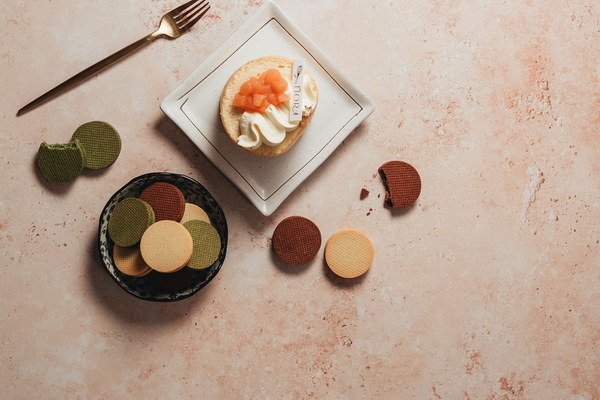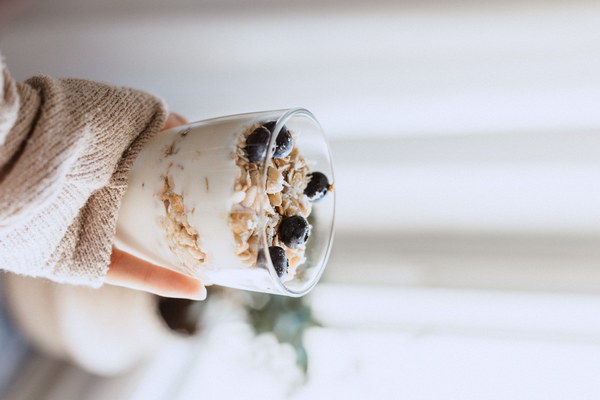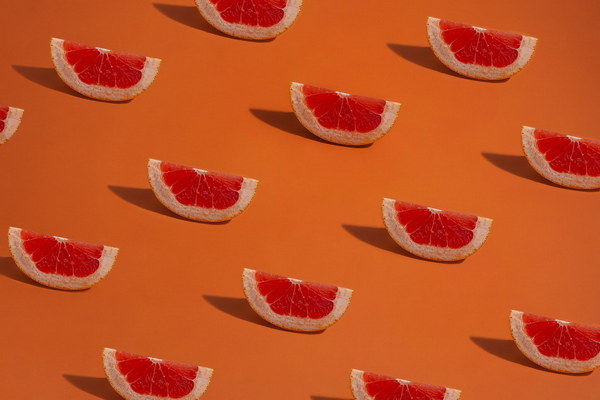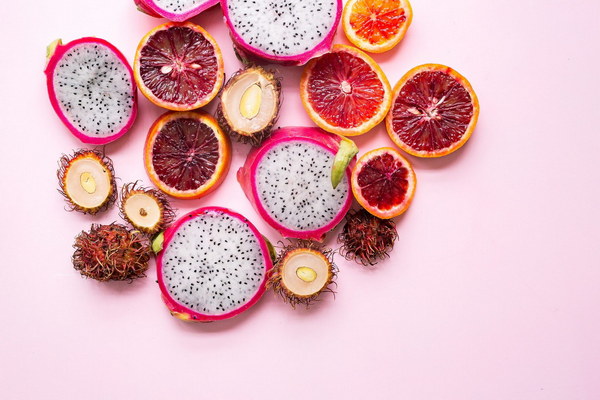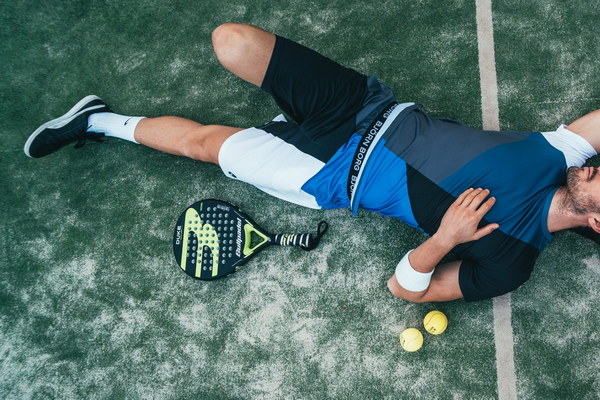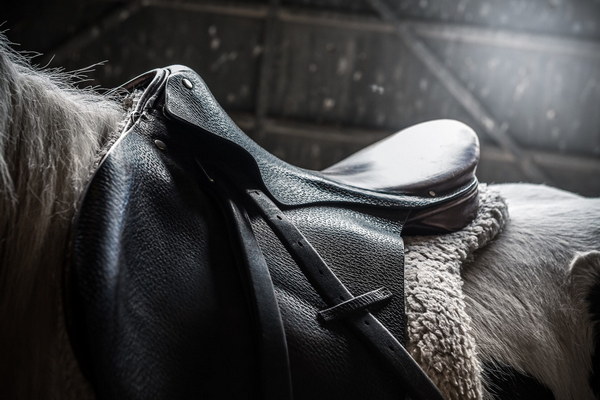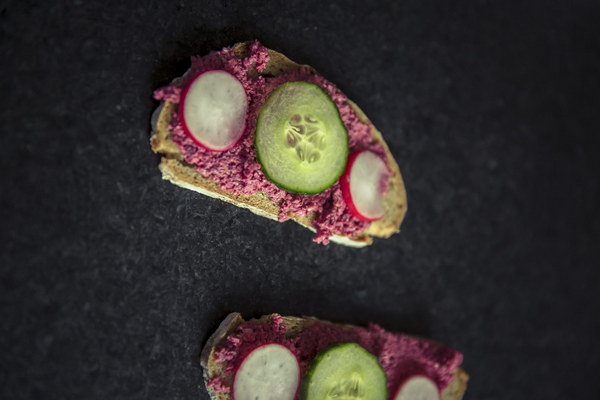Can MinYangKang Treat Athlete's Foot A Comprehensive Guide
Can MinYangKang Treat Athlete's Foot? A Comprehensive Guide
Athlete's foot, also known as tinea pedis, is a common fungal infection of the feet that can cause itching, burning, and scaling. Many individuals seek natural remedies to alleviate the discomfort and eliminate the infection. One such remedy that has gained attention is MinYangKang. But can MinYangKang truly treat athlete's foot? Let's delve into the details to find out.
Understanding MinYangKang
MinYangKang is a traditional Chinese herbal medicine that is often used for various health conditions. It is believed to boost the immune system, improve overall health, and treat a range of ailments. The product typically comes in the form of capsules, powders, or teas, and is claimed to contain natural ingredients that have therapeutic properties.
The Claim: Can MinYangKang Treat Athlete's Foot?
While there is no scientific evidence to conclusively prove that MinYangKang can cure athlete's foot, there are several reasons why some individuals believe it might help:
1. Boosting Immune System: Athlete's foot is a fungal infection, and a strong immune system can help fight off fungal infections. MinYangKang is said to enhance immune function, which may indirectly aid in the body's defense against fungi.
2. Natural Ingredients: Traditional Chinese medicine often relies on natural ingredients that have been used for centuries. Some of these ingredients may have antifungal properties that can help combat the infection.
3. Improving Blood Circulation: Athlete's foot can be exacerbated by poor circulation, which can lead to a lack of oxygen and nutrients reaching the affected area. MinYangKang is believed to improve blood circulation, which may help in the healing process.
Scientific Evidence
Unfortunately, there is a lack of scientific research specifically regarding the efficacy of MinYangKang in treating athlete's foot. Most studies on traditional Chinese medicine have been preliminary and often lack rigorous scientific methodology. However, some studies have suggested that certain herbs used in MinYangKang may have antifungal properties.
For example, a study published in the Journal of Ethnopharmacology found that the herb Coptis chinensis, which is often used in traditional Chinese medicine, had antifungal activity against several common fungal pathogens. While this study does not directly pertain to MinYangKang, it does provide some insight into the potential antifungal properties of certain herbs that may be included in the formula.
How to Use MinYangKang for Athlete's Foot
If you decide to try MinYangKang for athlete's foot, here are some guidelines:
1. Consult a Healthcare Professional: Before starting any new treatment, it's essential to consult with a healthcare professional. They can provide guidance on whether MinYangKang is suitable for you and recommend the correct dosage.
2. Follow Instructions: Use MinYangKang as directed by the manufacturer or your healthcare provider. Do not exceed the recommended dosage.

3. Complement with Good Hygiene Practices: While MinYangKang may help, it's crucial to maintain good foot hygiene. Keep your feet clean and dry, change socks frequently, and avoid walking barefoot in public areas.
4. Topical Treatments: Athlete's foot can often be treated effectively with topical antifungal medications. Your healthcare provider may recommend these in conjunction with MinYangKang.
Conclusion
While MinYangKang may have potential benefits for immune system support and overall health, there is limited scientific evidence to support its use as a treatment for athlete's foot. If you're considering using MinYangKang for this purpose, it's important to approach it with caution and consult with a healthcare professional. As always, good hygiene practices and other conventional treatments should be part of your strategy for managing athlete's foot.
